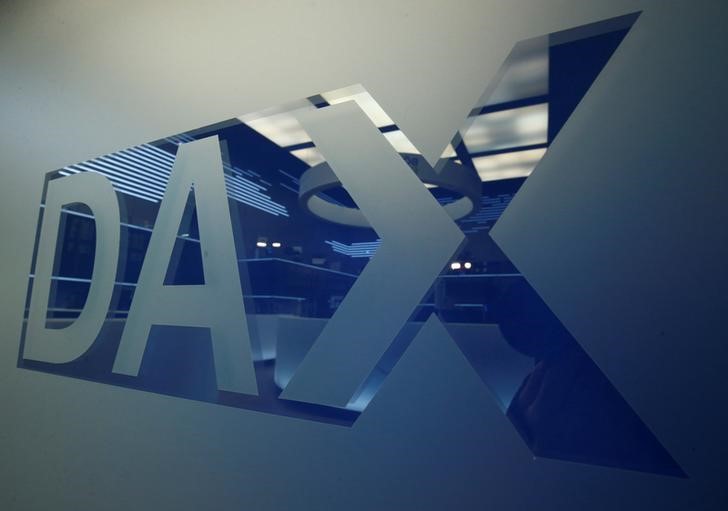Investing.com -- A shift is expected in European equity markets in 2025, with Germany's DAX index poised to lead what analysts at BCA Research describe as "a lengthy period of European outperformance."
This projection comes against a backdrop of economic turbulence early in the year but with significant recovery expected as conditions stabilize.
BCA Research foresees European equities initially under pressure due to weak growth and trade uncertainties, particularly in the first half of 2025.
Recessionary headwinds, compounded by global economic concerns such as subdued demand from China and a potential escalation of U.S.-European trade tensions are expected to weigh on corporate earnings and valuations across the region.
Analysts project a 20-30% decline in European stocks, particularly due to contracting profit margins and diminished cyclical sector performance.
BCA flags Germany's DAX as a key driver of the expected European equity resurgence. Germany's economic landscape is likely to benefit from a combination of factors, including stronger corporate balance sheets, improving domestic demand, and potential tax reforms under a new government led by Friedrich Merz.
These structural improvements, alongside the easing of austerity measures in peripheral European economies, are expected to boost German exports and reduce reliance on the volatile Chinese market.
The anticipated recovery in European equities is further boosted by expected policy adjustments. The European Central Bank is forecasted to implement substantial interest rate cuts, which are likely to stimulate the economy and drive growth in the second half of the year.
The expected rebound in European economic activity is likely to coincide with a moderation of the U.S. dollar’s strength, which has been a headwind for the euro and European market performance in recent years.
As European stocks rebound, analysts expect a gradual narrowing of the valuation gap between European and U.S. equities.
Currently, European markets trade at substantial discounts relative to their American counterparts, a divergence that BCA attributes to both cyclical and structural factors over the past decade. The anticipated reversal of these trends presents a long-term opportunity for investors.
